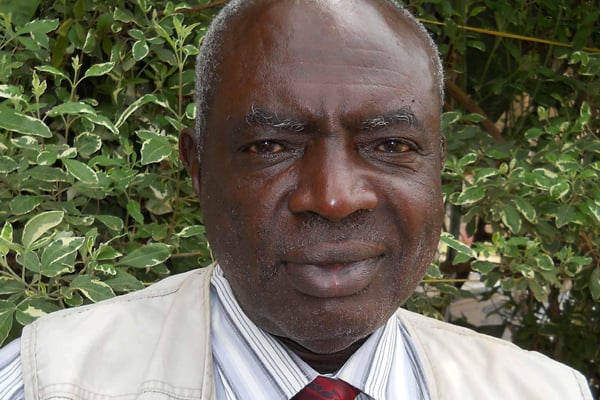Smallholder farmers key to economic transformation

Author, Michael J. Ssali. PHOTO/FILE
What you need to know:
... Africa’s full agricultural potential remains untapped
I had the opportunity, last week, to read the essay authored by the former President of Ghana John Kufuor, about the big potential smallholder farmers have to transform the economies of the African continent.
HE Kufuor was also the Chairman of the African Union from 2007 to 2008 before being named joint winner of the World Food Prize for Food and Agriculture in 2011. He was referring to millions of hardworking men and women typically farming on less than a hectare of land, growing crops like cassava, rice, wheat, maize, coffee, cotton, cocoa, potatoes, plantains and sorghum among others.
He wrote, “However, notwithstanding their significant contribution to economies across the continent, farmers in Africa continue to face big challenges on many fronts. From climate change to shocks including droughts floods, pests and diseases, these farmers are disproportionately affected and further have a low capacity to adapt and mitigate. This is exacerbated by the fact that they work in a sector that gets a disproportionately low level of financing, with only four out of 49 African countries reaching the Comprehensive African Agriculture Development Programme (CAADP) recommended target of 10 per cent public expenditure on agriculture.”
Kufuor correctly observed therefore that Africa’s full agricultural potential remains untapped.
He went on to argue that as dynamic, forward looking Africa marches alongside the rest of the world in the Decade of Action to deliver the Sustainable Development Goals (SDGs), agriculture remains a key lever to propel African economies into a prosperous future.
“Growth generated by agriculture in sub-Saharan Africa is estimated to be 11 times more effective in reducing poverty than GDP growth in other sectors. The world over, major economies have used agriculture to push their economies forward. And history has shown us that no society makes the transition to a modern economy without first modernising its agriculture.
The pathway to the bright socio-economic future that we all desire for Africa is through an inclusive agriculture transformation agenda.
As such, my conviction is that driving Africa’s economic transformation through the lens of agriculture should be a top priority that must take precedence over all other policy considerations at the continental level.”




